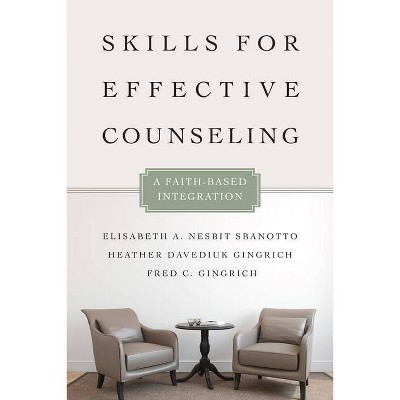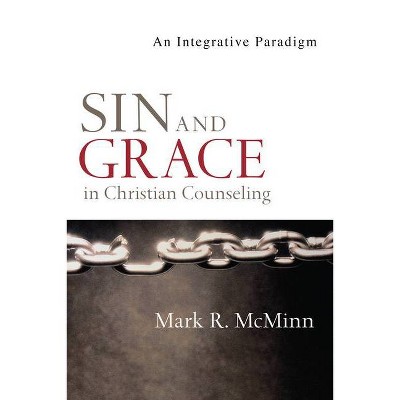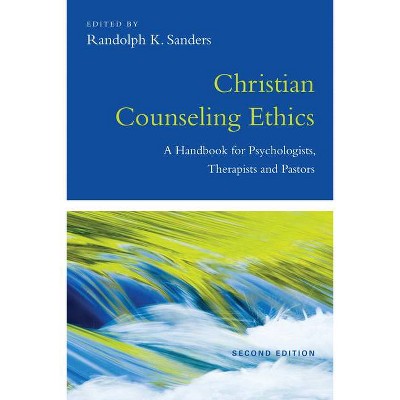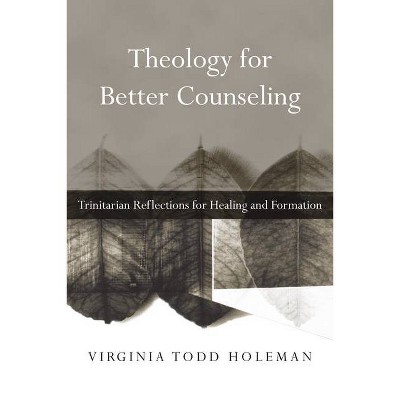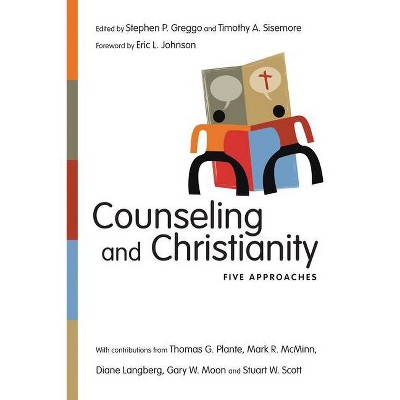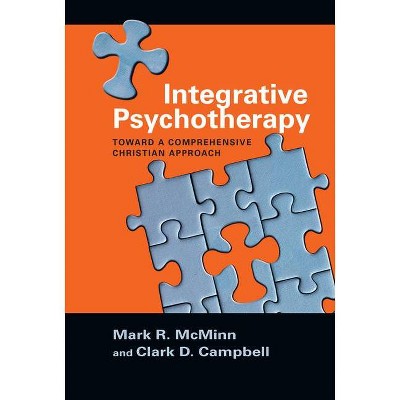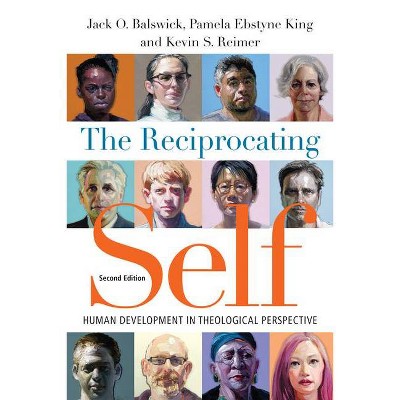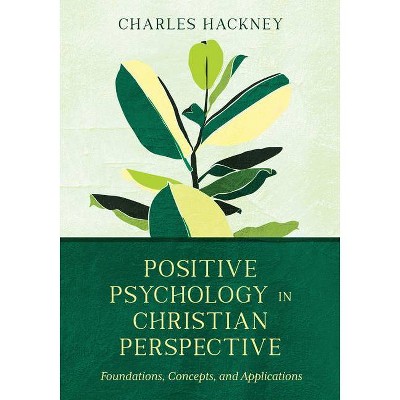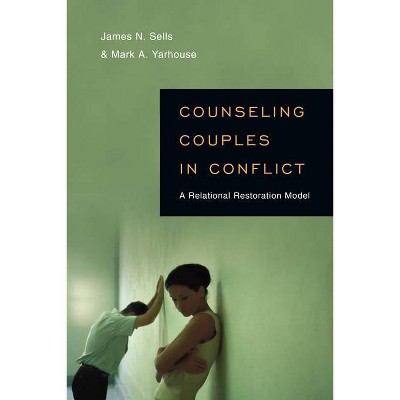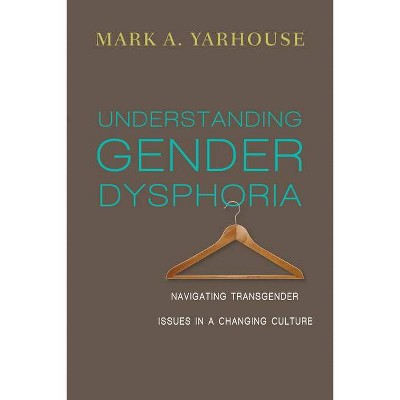Evidence-Based Practices for Christian Counseling and Psychotherapy - (Christian Association for Psychological Studies Books) (Paperback)
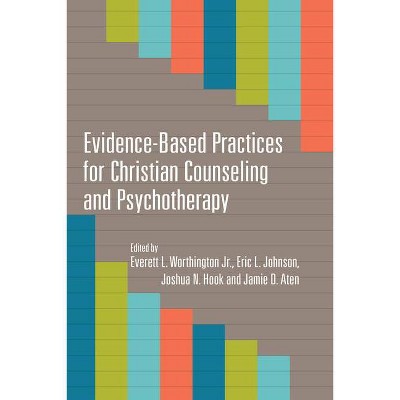
Similar Products
Products of same category from the store
AllProduct info
<p/><br></br><p><b> About the Book </b></p></br></br><p>The essays collected in this volume examine evidence-based approaches to Christian counseling and psychotherapy, exploring treatments for individuals, couples and groups. The book addresses both the advantages and the challenges of this evidence-based approach and concludes with reflections on the future of such treatments.</p><p/><br></br><p><b> Book Synopsis </b></p></br></br><p>Are Christian treatments as effective as secular treatments? What is the evidence to support its success? Christians engaged in the fields of psychology, psychotherapy and counseling are living in a unique moment. Over the last couple decades, these fields have grown more and more open to religious belief and religion-accommodative therapies. At the same time, Christian counselors and psychotherapists encounter pressure (for example, from insurance companies) to demonstrate that their accommodative therapies are as beneficial as secular therapies. This raises the need for evidence to support Christian practices and treatments. The essays gathered in this volume explore evidence-based Christian treatments, practices, factors and principles. The authors mine the relevant research and literature to update practicing psychotherapists, clinical researchers, students, teachers and educated laypersons about the efficacy of certain Christian-accommodative therapies. Topics covered in the book include: </p><ul> <li>devotional meditation</li> <li>cognitive-behavior therapy</li> <li>psychodynamic and process-experiential therapies</li> <li>couples, marriage and family therapy</li> <li>group intervention</li> </ul><p>The book concludes with a review of the evidence for the various treatments discussed in the chapters, a guide for conducting clinical trials that is essential reading for current or aspiring researchers, and reflections by the editors about the future of evidence-based Christian practices. As the editors say, more research is necessary. To that end, this volume is a major contribution to a field of inquiry that, while still in its infancy, promises to have enormous implications for future work in Christian counseling and psychotherapy.<p/><br></br><p><b> Review Quotes </b></p></br></br><br><p>[T]his volume is a major contribution to a field of inquiry that, while still in its infancy, promises to have enormous implications for future work in Christian counseling and psychotherapy.</p>--Journal of Christian Nursing, Volume 31, Number 2<br><br><p>I love this book for all sorts of reasons. It is edited by some of the most gifted and insightful people I know. The chapters illustrate a variety of treatment approaches as well as diverse ways of gathering evidence to support those treatments. I also appreciate how thoroughly this book reflects wise collaboration between researchers and clinicians, and among early-, mid-, and late-career psychologists. This volume is timely and essential, reflecting both Christian wisdom and prevailing professional standards.</p>--Mark R. McMinn, professor of psychology, George Fox University<br><br><p>The concept of evidence-based practice is continually evolving and needs to be applied more systematically to a Christian context. In this volume, top researcher-clinicians come together to provide the state of the art of evidence-based practices for Christian counseling and psychotherapy. It is both broad and deep, and represents a significant advancement in the field of Christian counseling. I highly recommend it for lay counselors, graduate students and seasoned clinicians alike.</p>--Todd W. Hall, Biola University<br><br><p>The publication of this excellent volume marks a developmental step in the maturation of Christian engagement with and reflection on quality provision of counseling and psychotherapy services. The editors and authors represent knowledge of best practices in alleviating human distress in a number of key areas, particularly related to preventing and assisting troubled marriages, and we can hope that the movement they seek to inspire will flourish.</p>--Stanton L. Jones, provost and professor of psychology, Wheaton College, and coauthor of Modern Psychotherapies: A Comprehensive Christian Appraisal (2nd Ed.)<br><br><p>This book . . . makes a meaningful contribution to the clinical efforts of those with Christian worldview beliefs and commitments by establishing a foundation of reasonable evidence.</p>--Stephen P. Greggo, Christian Psychology 8, no. 1 (2014)<br><br><p>This book offers a way for clinicians to recognize the importance of using effective treatment and it provides a basis for determining the relative effectiveness of the interventions clinicians select. This book also illustrates several ways Christians can connect to interventions that are compatible with their Christian beliefs and values.</p>--Geoffrey William Sutton, Encounter: Journal for Pentecostal Ministry, Summer 2014, Vol. 11<br>
Price History
Price Archive shows prices from various stores, lets you see history and find the cheapest. There is no actual sale on the website. For all support, inquiry and suggestion messagescommunication@pricearchive.us
